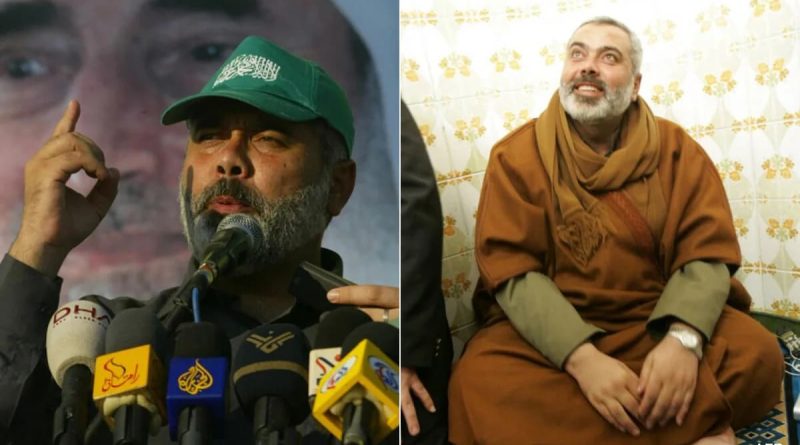Report: Israel Recruited Iranian Operatives to Kill Hamas Leader in Tehran
Ismail haniyeh was in Tehran to attend the inauguration of President Masoud Pezeshkian
New Delhi:
Israel’s elite intelligence agency Mossad recruited Iranian security agents to place explosives in a building in Tehran where armed Palestinian group Hamas’s political leader Ismail Haniyeh was residing, The Telegraph stated.
The original idea was to eliminate Haniyeh in May during his trip to Tehran for the burial of former Iranian President Ebrahim Raisi. The plan was called off due to large crowds, which posed a significant risk of failure, as per two Iranian officials who spoke to The Telegraph.
Therefore, the operation had to be adjusted. Two operatives, following Mossad’s orders, planted explosive devices in three distinct rooms of the Islamic Revolutionary Guard Corps (IRGC) guesthouse in northern Tehran. This site was strategically selected as it was probable that Haniyeh would lodge there.
How Mossad Operates
With a $3 billion yearly budget and 7,000 personnel, Mossad is the second-largest intelligence agency in the West after the CIA.
Mossad has various divisions, but most details about its internal structure are kept secret. It not only has a network of informants and agents within Palestinian militant groups, but also in adversarial nations like Lebanon, Syria, and Iran. The vast spy network of the intelligence agency grants them detailed knowledge of militant leaders’ movements, enabling them to carry out precise assassinations when required.
Explained | How Mossad Operates And Why It Failed To Prevent Hamas Attack
The Special Operations Division, also known as Metsada, executes highly confidential assassinations, sabotage, paramilitary, and psychological warfare activities.
Mission To Eliminate Haniyeh
According to The Telegraph, surveillance footage, held by Iranian officials, depicts the operatives moving discreetly, entering and exiting multiple rooms within minutes. After planting the devices, they left Iran without being detected but maintained a source within the country. In the early hours of Wednesday, at 2 am, the agents remotely triggered the explosives in the room where Haniyeh was residing.
The blast led to the demise of Haniyeh, who was in Tehran to attend the inauguration of President Masoud Pezeshkian. This killing has been verified by officials within the IRGC, who now suspect Mossad employed agents from the Ansar-al-Mahdi protection unit, a group responsible for safeguarding high-ranking officials inside and outside the country.
“This is a disgrace for Iran and a significant security breach,” an IRGC official informed The Telegraph. A special task force has been established to formulate strategies to reduce the impact of this breach, the official added.
Potential Consequences
In response to this breach, the IRGC is contemplating its options for retaliation. A direct attack on Tel Aviv, potentially involving Hezbollah and other Iranian proxies, is reportedly a primary option under consideration.
Since the Islamic Revolution of 1979 that overturned Iran’s political and societal structure, the country has deliberately sought to expand its influence across the Middle East through proxy groups.
Explained | Axis Of Resistance And Iran’s Proxy Network Across Middle East
The Quds Force, one of the five branches of the IRGC, which specializes in intelligence and covert operations, acts as the main liaison for these proxy groups, providing them with arms and training to reinforce Iran’s regional agenda.
The timing of the assassination, coinciding with President Pezeshkian’s first day in office, has raised suspicions about its intent. During his campaign, President Pezeshkian had promised to move away from the Islamic Republic’s provocative policies and to restore Iran’s reputation through dialogue.
President Pezeshkian, a seasoned lawmaker and cardiac surgeon, has long advocated for both domestic and international reforms in Iran. His victory in the recent elections is seen as a call for change as it follows a general dissatisfaction with the hardline policies of his predecessors. However, the dynamics of Iranian politics, where hardliners still dominate and the Supreme Leader Ayatollah Ali Khamenei retains ultimate authority, will test Mr. Pezeshkian’s ability to implement his vision.
Waiting for response to load…

